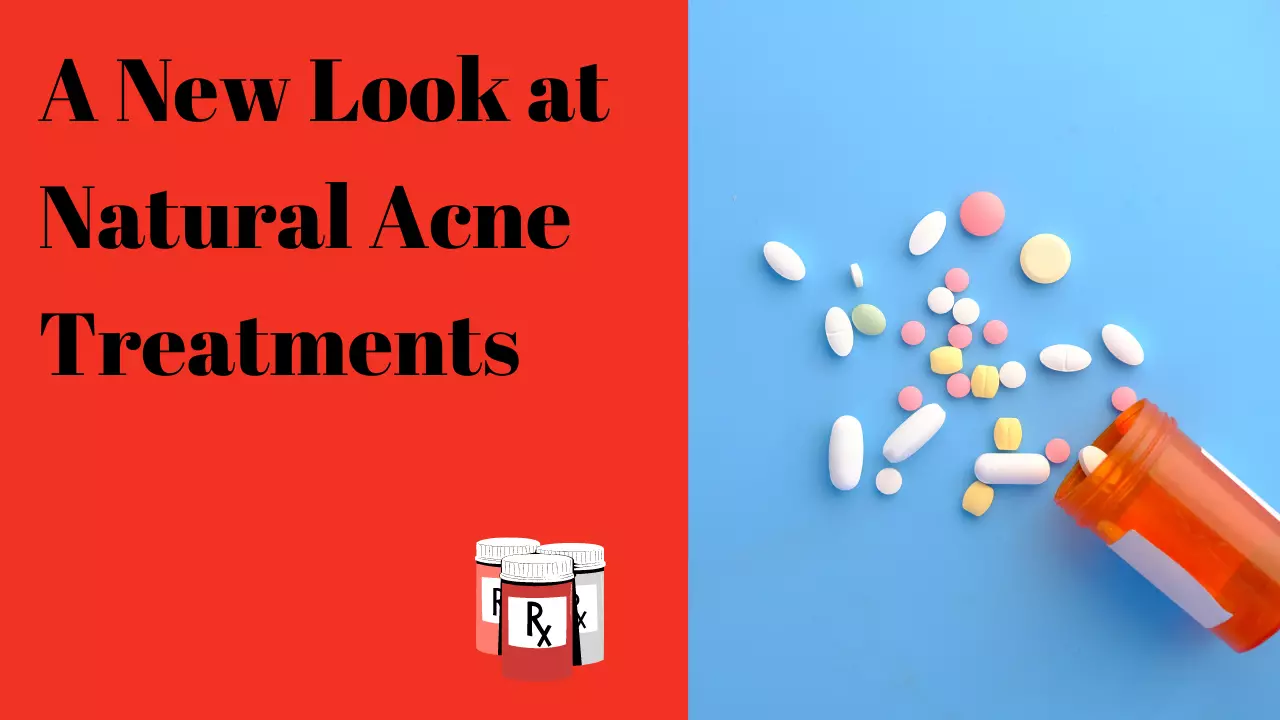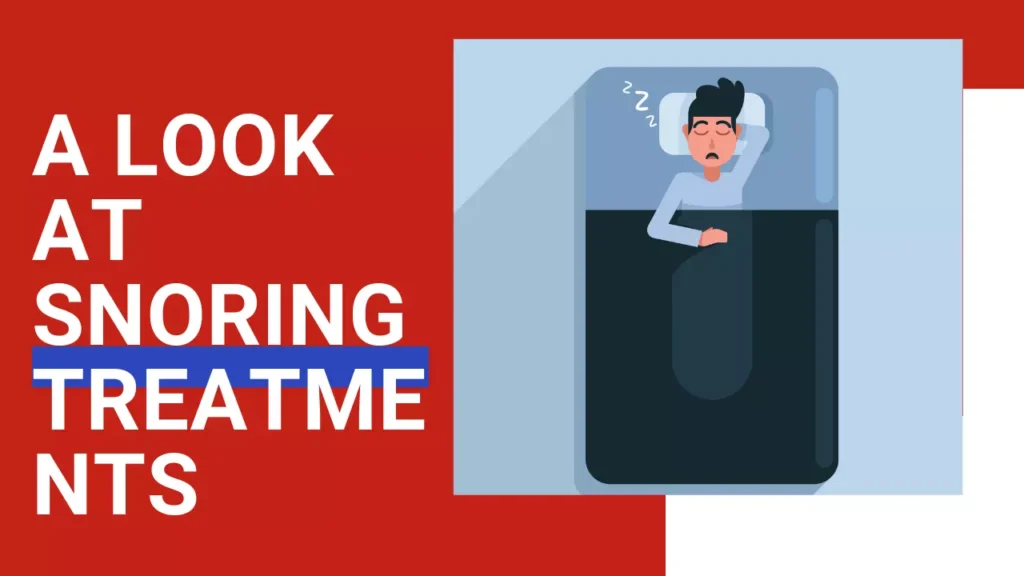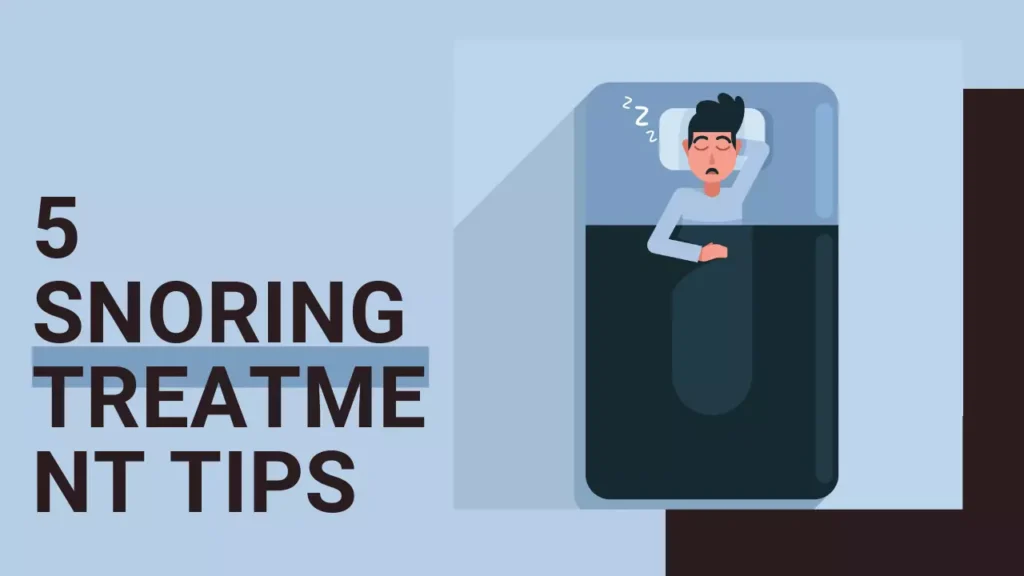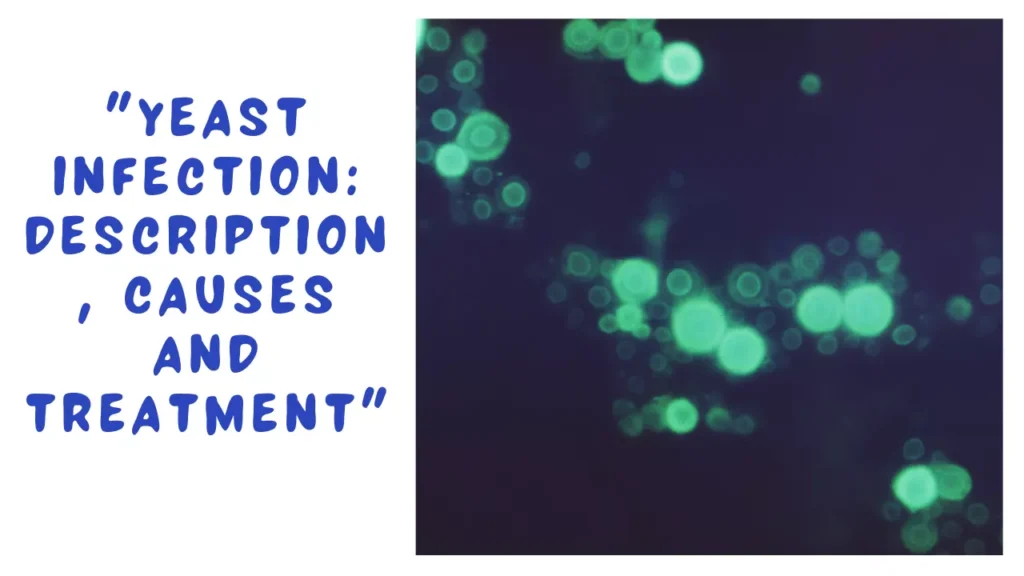
Acne, a common skin condition affecting millions worldwide, often prompts individuals to explore diverse treatment options. Amidst the plethora of skincare products and pharmaceuticals, Natural Acne Treatments have gained popularity for their gentle yet effective approach. In this article, we delve into the world of natural remedies, exploring their benefits and practical applications.
Understanding Acne
Before we embark on our exploration of natural treatments, it’s crucial to grasp the fundamentals of acne. This skin condition results from the clogging of hair follicles with oil and dead skin cells, leading to the formation of pimples, whiteheads, and blackheads.
Why Opt for Natural Acne Treatments?
While conventional treatments may offer quick results, the appeal of natural acne treatments lies in their holistic approach. These remedies often address the root causes of acne, promoting long-term skin health without the side effects associated with some chemical-laden alternatives.
1. Gentle on the Skin
Natural remedies are typically milder and less abrasive than synthetic products. Ingredients like aloe vera, tea tree oil, and honey possess natural antibacterial properties, combating acne without causing excessive dryness or irritation.
2. Minimal Side Effects
Chemical-laden treatments may cause adverse reactions such as redness, itching, or peeling. Natural acne treatments, however, tend to have fewer side effects, making them suitable for those with sensitive skin.
3. Holistic Approach
Many natural remedies focus on internal as well as external factors contributing to acne. A balanced diet, proper hydration, and stress management are integral components of holistic natural acne treatments.
Key Natural Ingredients for Acne Treatment
Exploring the arsenal of nature, we discover several ingredients renowned for their acne-fighting properties. These can be incorporated into your skincare routine for healthier and clearer skin.
1. Tea Tree Oil
Derived from the leaves of the Melaleuca alternifolia tree, tea tree oil is a potent natural antiseptic. Its antimicrobial properties make it effective against acne-causing bacteria, reducing inflammation and preventing further breakouts.
2. Aloe Vera
Known for its soothing properties, aloe vera is a versatile plant that can alleviate inflammation and redness associated with acne. Its natural cooling effect makes it an ideal remedy for calming irritated skin.
3. Honey
Raw honey possesses antibacterial and anti-inflammatory properties, making it an excellent natural acne treatment. Applying honey to affected areas can help combat bacteria and promote the healing of acne lesions.
4. Apple Cider Vinegar
With its acidic nature, apple cider vinegar acts as a natural exfoliant, removing dead skin cells and unclogging pores. Its antibacterial properties also aid in preventing acne breakouts.
Natural Acne Treatments in Daily Skincare Routine
Incorporating natural acne treatments into your daily skincare routine can be a game-changer. Here’s a simple guide to help you leverage the benefits of these remedies effectively.
1. Cleansing with Tea Tree Oil
Tea tree oil can be integrated into your cleansing routine. Mix a few drops with your regular cleanser or dilute it with a carrier oil for a refreshing and acne-fighting face wash.
2. Aloe Vera Mask for Soothing Relief
Create a soothing face mask using fresh aloe vera gel. Apply it evenly on your face, leaving it on for 15-20 minutes. Rinse off to experience a calming effect on irritated skin.
3. Honey Spot Treatment
Dabbing a small amount of raw honey on individual pimples serves as an effective spot treatment. Its antibacterial properties target the affected area without drying out the surrounding skin.
4. Apple Cider Vinegar Toner
Prepare a simple toner by diluting apple cider vinegar with water. Apply it to your face using a cotton pad after cleansing to help balance the skin’s pH and prevent acne breakouts.
Balancing Diet for Clearer Skin
The connection between diet and skin health is undeniable. Certain dietary choices can exacerbate or alleviate acne symptoms. Here are some dietary tips for maintaining clear skin.
1. Hydration
Adequate hydration is fundamental for healthy skin. Drinking enough water helps flush out toxins, preventing the buildup of impurities that can contribute to acne.
2. Omega-3 Fatty Acids
Incorporating omega-3 fatty acids into your diet, found in fish, flaxseeds, and walnuts, can help reduce inflammation and promote overall skin health.
3. Antioxidant-rich foods
Fruits and vegetables rich in antioxidants, such as berries, spinach, and kale, can protect the skin from oxidative stress, reducing the likelihood of acne.
4. Probiotics for Gut Health
Maintaining a healthy balance of gut bacteria through probiotics can positively impact skin health. Yogurt, kefir, and fermented foods are excellent sources of probiotics.
Stress Management and Its Impact on Acne
Stress is a significant contributor to acne flare-ups. Adopting stress management techniques can complement natural acne treatments, promoting overall well-being.
1. Mindfulness Meditation
Incorporate mindfulness meditation into your daily routine to reduce stress levels. Mindful breathing and focused awareness can have a positive impact on both mental and physical well-being.
2. Regular Exercise
Engaging in regular physical activity helps reduce stress hormones and promotes blood circulation, contributing to healthier skin.
3. Adequate Sleep
Quality sleep is crucial for skin regeneration and overall health. Lack of sleep can contribute to increased stress levels and exacerbate acne symptoms.
Embracing Natural Acne Treatments for Long-Term Results
In the pursuit of clear and healthy skin, the allure of natural acne treatments lies in their gentle yet effective approach. From the antibacterial prowess of tea tree oil to the soothing properties of aloe vera, nature offers a treasure trove of remedies. By integrating these treatments into a holistic skincare routine, balancing diet, and managing stress, individuals can embark on a journey toward long-term skin health without compromising on gentleness and minimal side effects. Remember, achieving clear skin is not just about treating the symptoms but addressing the underlying causes through a comprehensive and natural approach.
Recommended Online Products and Services for Natural Acne Treatments
1. Online Retailers for Natural Skincare Products
- Nature’s Bounty: Explore a wide range of natural skincare products, including supplements that promote healthy skin from within.
- The Body Shop: A renowned brand offering cruelty-free and natural skincare products, featuring ingredients like tea tree oil for acne-prone skin.
- iHerb: A one-stop-shop for natural beauty and skincare products, iHerb provides a diverse selection of brands and remedies to address acne issues naturally.
2. Subscription Boxes for Natural Beauty Products
- Birchbox: Subscribe to Birchbox for a monthly delivery of natural skincare samples, allowing you to discover new products tailored to your skin’s needs.
- Love Goodly: This subscription box focuses on cruelty-free, eco-friendly, and natural beauty products, offering a selection of items that promote clear and healthy skin.
3. Online Platforms for Natural Acne Treatment Information
- Healthline’s Natural Acne Treatments Guide: Healthline provides a comprehensive guide on various natural remedies, explaining their benefits and application methods.
- WebMD’s Acne and Diet: WebMD offers insights into the relationship between diet and acne, guiding you on dietary changes for clearer skin.
4. Online Wellness Platforms for Stress Management
- Headspace: Incorporate mindfulness meditation into your routine with Headspace, a popular platform that offers guided meditation sessions to help manage stress.
- Calm: Calm provides a variety of relaxation tools, including sleep stories and meditation exercises, contributing to stress reduction and overall well-being.
5. Online Communities for Natural Skincare Enthusiasts
- r/NaturalBeauty: Join this Reddit community to engage with others interested in natural skincare. Members often share personal experiences and product recommendations for treating acne naturally.
- Acne.org: Acne.org is a community-driven platform offering resources, forums, and product reviews focused on treating acne, with an emphasis on natural solutions.
Remember to consult with a healthcare professional or dermatologist before trying new products or services, especially if you have pre-existing skin conditions or allergies.
FAQs
1. Are natural acne treatments as effective as conventional ones?
Yes, natural acne treatments can be highly effective. Ingredients like tea tree oil, aloe vera, and honey have proven antibacterial and anti-inflammatory properties, offering a gentler yet potent approach to combating acne. While results may vary, many individuals find success with natural remedies without the side effects associated with some conventional treatments.
2. How long does it take to see results with natural acne treatments?
Patience is key when using natural acne treatments. While some may experience improvements within a few weeks, others may take longer. Consistency in the application of remedies and maintaining a holistic approach, including a balanced diet and stress management, can contribute to more sustainable results over time.
3. Can natural treatments cause adverse reactions or allergies?
While allergic reactions are always a possibility, natural acne treatments are generally gentler on the skin, reducing the likelihood of adverse effects. It’s essential to perform a patch test before applying any new remedy to ensure compatibility with your skin. If you have known allergies, consult with a dermatologist before trying a new treatment.
4. Is it safe to combine different natural treatments?
Combining certain natural treatments can enhance their efficacy, but it’s essential to do so with caution. For example, mixing tea tree oil with aloe vera or honey can create a powerful anti-acne mask. However, excessive use or combining too many ingredients may lead to irritation. Start with a small amount and observe how your skin reacts.
5. Can dietary changes alone help with acne?
Dietary changes play a significant role in managing acne. A balanced diet, rich in hydrating foods, omega-3 fatty acids, and antioxidants, can contribute to clearer skin. However, a holistic approach, including external natural treatments and stress management, is usually more effective in addressing the multifaceted causes of acne.
6. Are natural acne treatments suitable for all skin types?
In general, natural acne treatments are suitable for various skin types, including sensitive skin. However, individual reactions may vary. It’s advisable to start with a small amount of any new treatment and monitor your skin’s response. If you have specific skin concerns or conditions, consult with a dermatologist for personalized advice.
7. Can natural treatments help with acne scars?
While natural treatments may help reduce the appearance of acne scars over time, they may not provide instantaneous results. Ingredients like aloe vera and honey have skin-healing properties that can contribute to scar reduction. For more severe scarring, professional dermatological treatments may be necessary.
8. Are natural acne treatments cost-effective compared to commercial products?
In many cases, natural acne treatments can be more cost-effective than commercial products. Ingredients like tea tree oil, aloe vera, and honey are often readily available at affordable prices. Additionally, DIY masks and treatments can be created using common kitchen ingredients, making them a budget-friendly option.
9. Can stress management alone improve acne?
While stress management is crucial for overall well-being, it may not be the sole solution for acne. Stress can contribute to acne flare-ups, but a comprehensive approach that includes both internal (diet, hydration) and external (natural treatments) factors is generally more effective in achieving long-term results.
10. How can I incorporate natural acne treatments into my existing skincare routine?
Integrating natural acne treatments is simple. Start by substituting or complementing certain steps in your routine. For instance, use a tea tree oil-infused cleanser, incorporate aloe vera masks, or add apple cider vinegar toner. Gradually introduce these treatments and observe how your skin responds before making them a permanent part of your routine.



